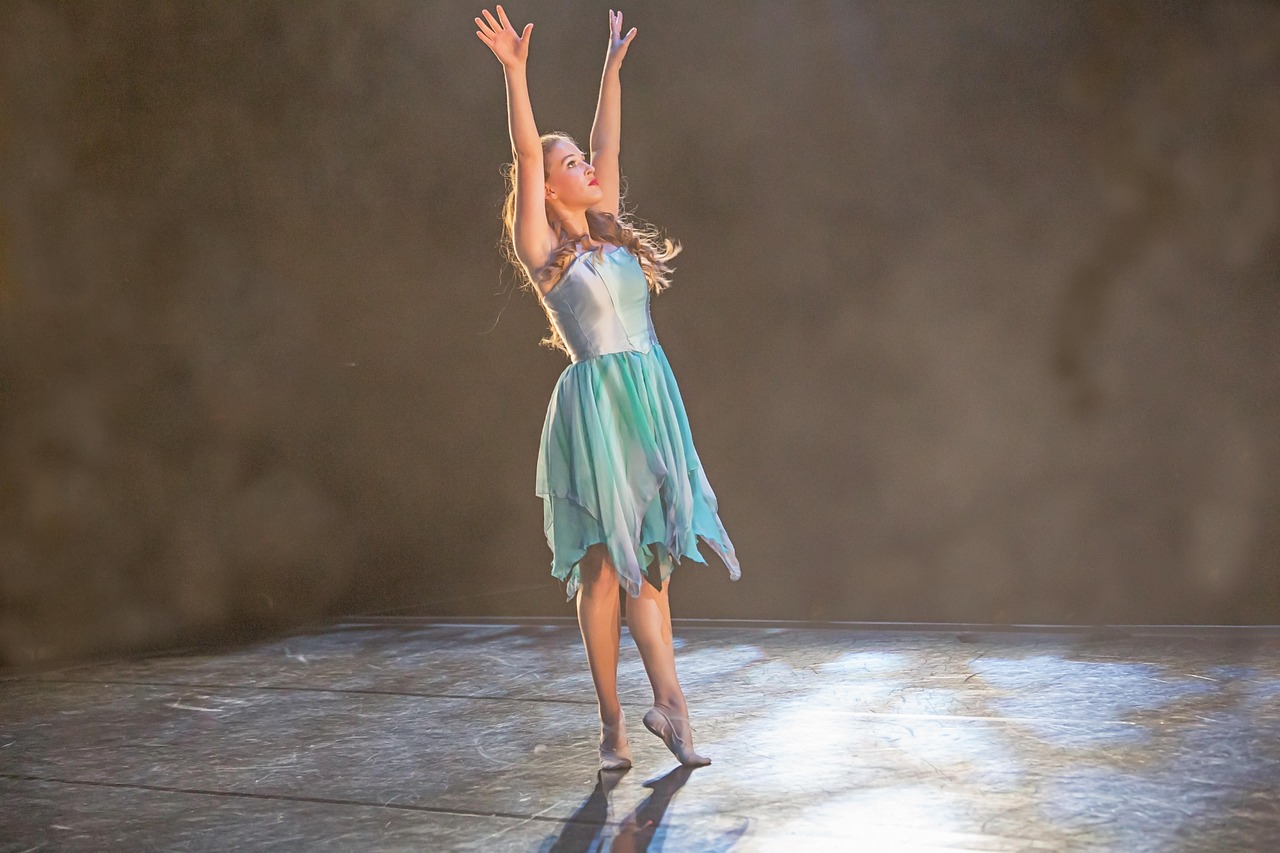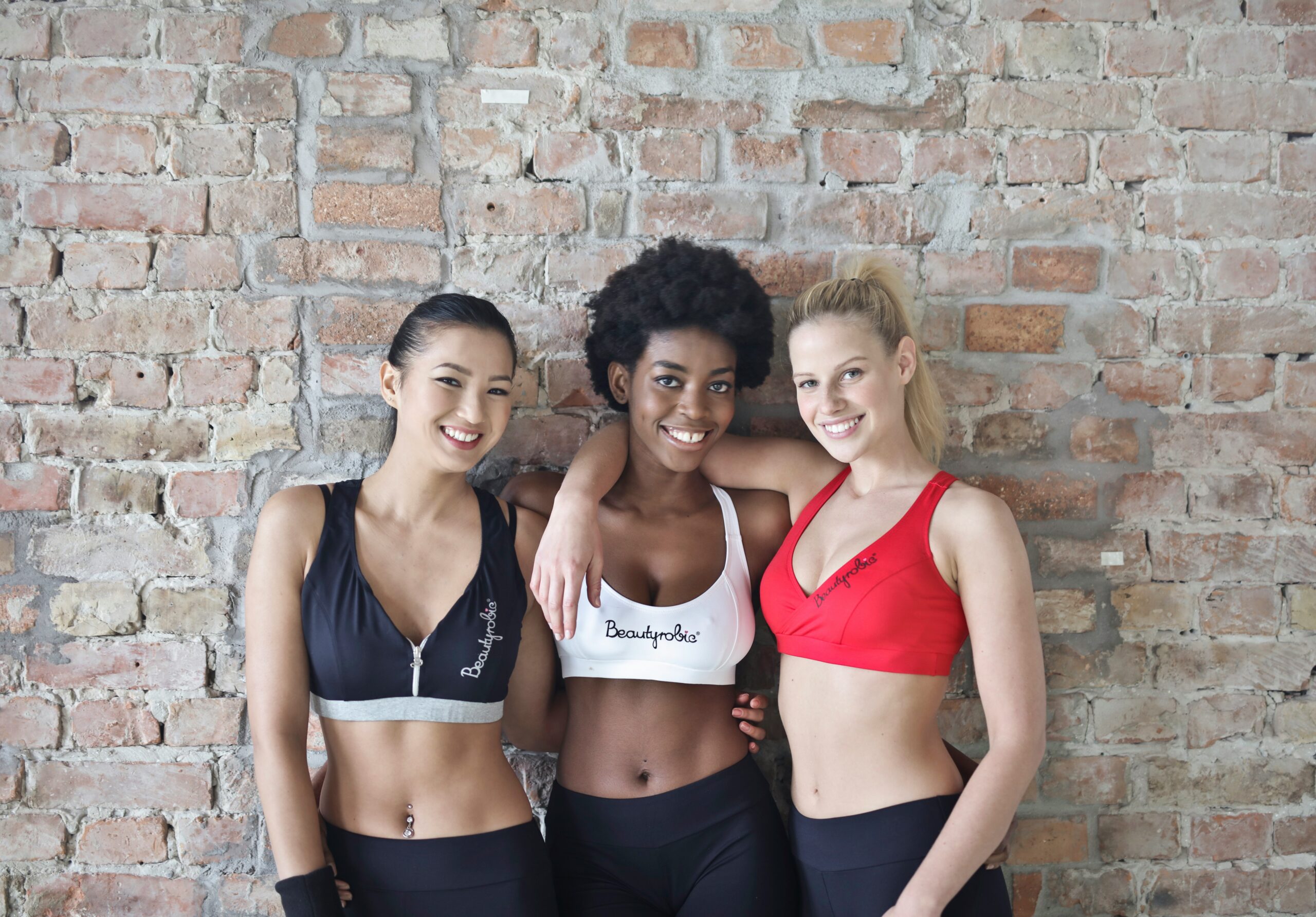Have You Ever Faced Drama in Color Guard?
Conflicts within your color guard team can significantly hamper your performance, dampen your enjoyment of the activity, and hinder your commitment to personal and team goals. Disagreements can create tension, affecting not just your relationships with teammates and coaches but also how you feel about your role in the ensemble.
Imagine this scenario: You disagree with your coach just before a crucial performance. Frustrated and misunderstood, you start withdrawing from practices, losing the passion that once drove you to excel. The atmosphere in your team shifts, with others picking sides, creating a divide that threatens the unity necessary for successful performances.
Would you want petty disagreements to overshadow your ambitions, the team’s success, and your overall well-being? Unresolved conflicts do no good.
The Importance of Resolution
In color guard, like any team sport, addressing conflicts early on is vital. Think of color guard as a dance—a beautiful performance that relies on cohesion and teamwork. Just as miscommunication can throw off choreography, unresolved conflicts can disrupt the harmony within your team.
Steps to Minimize Drama and Resolve Conflicts:
1. Stay Focused on Team and Personal Goals:
Keep your eyes on the prize—whether it’s nailing that routine or achieving your personal best. Don’t allow conflicts to derail your focus. Treat each practice as an opportunity to improve and support your team, reminding yourself that these goals are more significant than any disagreement.
2. Communicate Openly and Respectfully:
Address conflicts directly with the person involved. Choose a calm moment to express your feelings. Use “I” statements to share your perspective—this helps prevent the other person from feeling attacked. Maintaining your composure is key; choose a private space to discuss issues to keep the focus on resolution, not on taking sides.
3. Channel Your Emotions Positively:
Use conflict energy to fuel your passion for color guard. Instead of letting tension drain your motivation, transform that energy into dedication at practice. Focus on what you can control—your attitude and performance.
4. Leverage Your Support System:
Don’t hesitate to seek guidance from trusted teammates, friends, or your coach. They can provide perspective and support, making you feel less isolated in dealing with conflicts. Prioritizing your mental health is crucial; developing healthy coping mechanisms will help you navigate current and future conflicts.
Why Resolution Matters
Conflict in a color guard team may seem like a minor bump in the road, but it can have significant implications for your performance and enjoyment. Remember, working through disagreements not only resolves the issue but also enhances your personal growth and strengthens the team.
When you avoid drama and resolve conflicts, you pave the way for a more enjoyable, cohesive, and successful color guard experience. Let’s focus on supporting each other and making the most of every practice and performance together!
As the old saying goes… “Drama-free is the way to be!”



